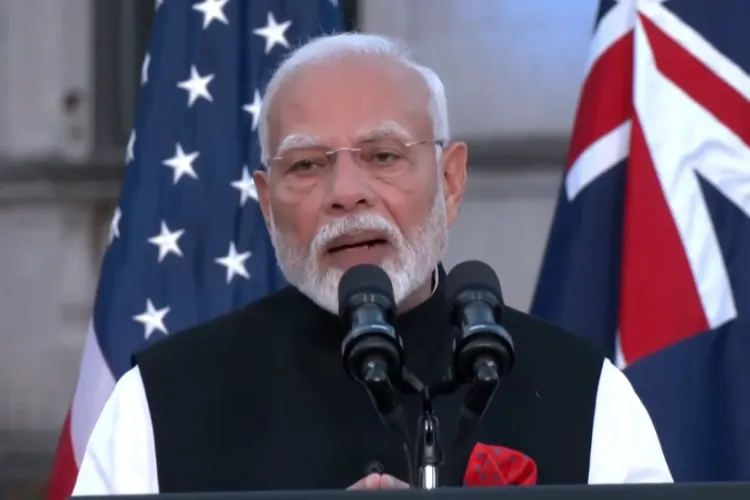
Washington
Affirming India's vision of 'One Earth, One Health', Prime Minister Narendra Modi has announced a contribution of $7.5 million for sampling kits, detection kits and vaccines under the 'Quad Cancer Moonshot' initiative.
The groundbreaking initiative was announced during the sixth Quad Leaders' Summit in Wilmington, Delaware on Saturday and aims to save lives in the Indo-Pacific region by combating cervical cancer.
Speaking during the Cancer Moonshot event in Wilmington, Prime Minister Modi said that he is glad that in Quad, "we have decided to jointly face the challenge of cervical cancer".
"I heartily congratulate President Biden for organising this important event. It reflects our shared determination for affordable, accessible and quality healthcare," the Prime Minister said.
"In cancer care, collaboration is essential for cure. An integrated approach of prevention, screening, diagnosis and treatment is necessary to reduce the burden of cancer," he asserted.
Prime Minister Modi noted that India is running a "very cost-effective" cervical cancer screening programme on a mass scale. "Also, India is running the world's largest health insurance scheme. And, special centres have also been created to make medicines available to everyone at affordable cost. India has also developed its own vaccine for cervical cancer. And, new treatment protocols are also being introduced with the help of AI," he said, adding that India is ready to share its experience and expertise.
"I am happy that India will contribute 40 million vaccine doses for the Indo-Pacific countries under the GAVI and QUAD initiatives. These 40 million vaccine doses will bring rays of hope to the lives of crores of people. As you can see, when the QUAD acts, it is not just for nations – it is for the people. This is the true essence of our human-centric approach," he concluded.
